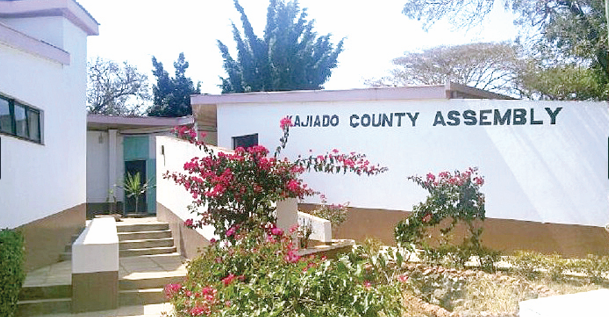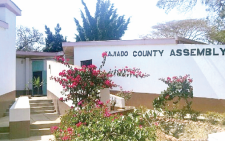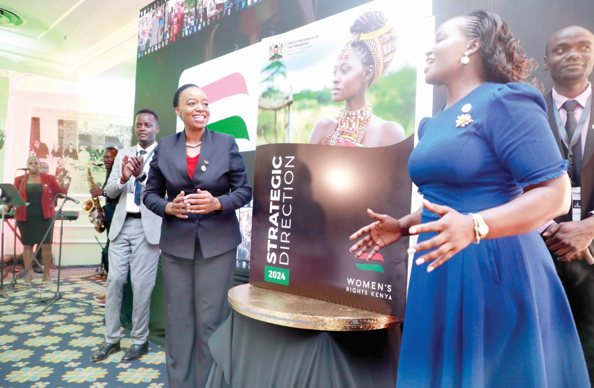Kajiado County has struggled to meet its own-source revenue (OSR) targets for three consecutive years, leading to challenges in budget absorption, service delivery, and mounting debt.
A report by the Kenya Human Rights Commission (KHRC), titled Kajiado County Allocation and Expenditure Trends in Pro-Poor Sectors, reveals that the county has fallen short of its revenue targets by a cumulative Sh2.7 billion against a projected goal of Sh4.8 billion over this period. The county’s revenue shortfall has created ripple effects across critical sectors and amplified financial constraints in the county.
In the 2022/2023 fiscal year, Kajiado County raised Sh875.28 million, barely half of its target of Sh1.74 billion. The previous year’s performance was even less favourable, with the county collecting Sh527 million against a target of Sh1.6 billion.
The trend persisted into the first nine months of financial year 2023/2024, during which only Sh729.5 million was raised out of a projected Sh1.52 billion.
According to the KHRC report, these missed targets stem from overly ambitious revenue projections and weaknesses in public financial management, revealing a significant disconnect between the county’s goals and the realities of revenue collection.
Gaps in public engagement and civic education are among underlying factors exacerbating the revenue shortfall. Without adequate public participation, citizens are left out of budget planning and expenditure decisions, limiting transparency and accountability.





















